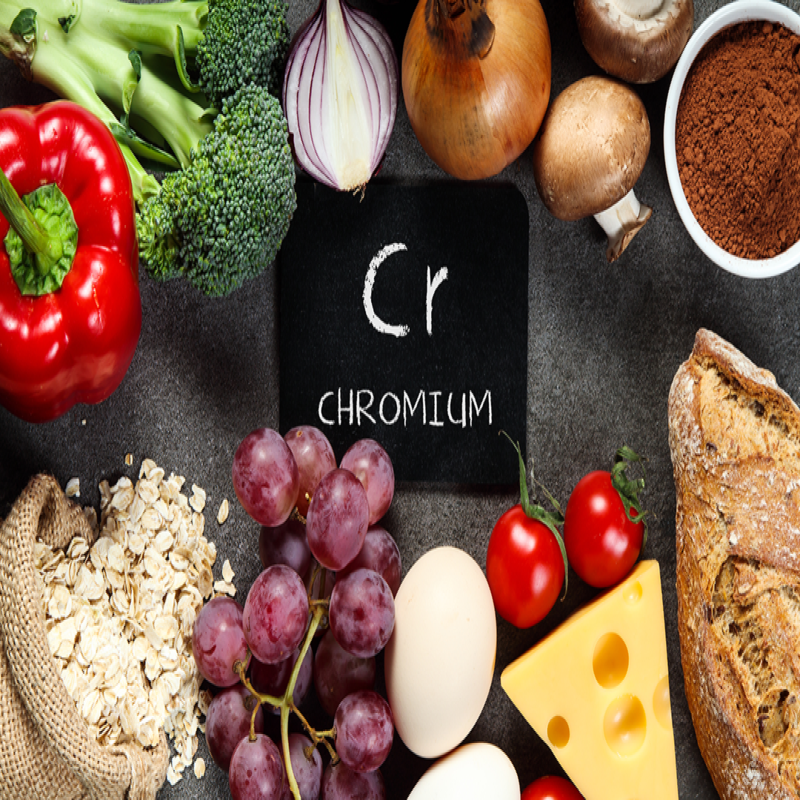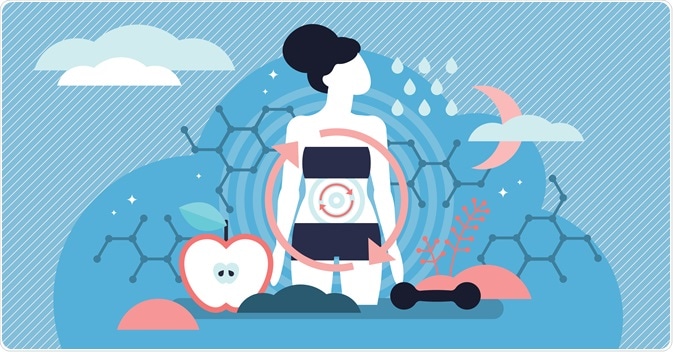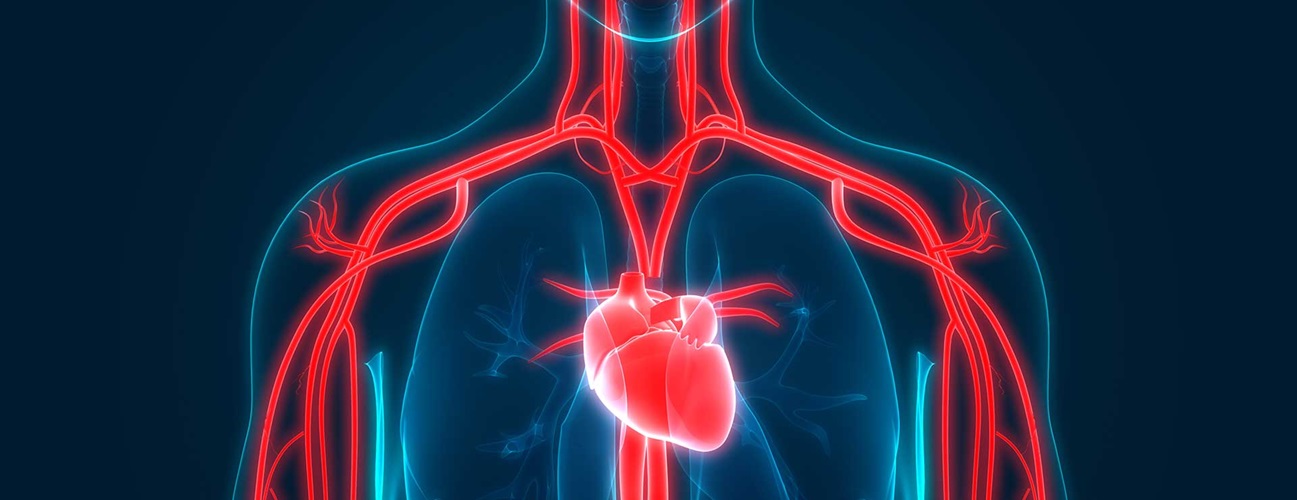
Chromium is a trace mineral that helps the body utilize the fats and carbohydrates from the foods we eat. It also aids in the metabolism of insulin and the synthesis of cholesterol. Here we delve deeper into what chromium does for our body and explore how we can avoid its deficiency.

Why is Chromium Important to Us?
Although it’s normally present in trace amounts in the human body, chromium is a mineral that plays a very important role in glucose balance and metabolism in the body. Chromium acts as an essential nutrient that works to break down glucose and fat while helping to balance insulin levels. The bones, kidneys, spleen, and liver contain the highest amount of chromium in the body.
Boosts Metabolism
Chromium is thought to interact with a polypeptide in our body which in turn amplifies the action of insulin inside our body. This triggers a series of metabolic reactions, breaking down fats and proteins in our body and increasing our body's energy levels.

Improves Brain Health
Cognitive decline is an integral part of the aging process. Chromium helps modulate certain aspects of brain function at the neurochemical level, which then leads to increased brain activity even as the brain ages. It also promotes hypothalamic functions, which prevent the negative effects of aging on the brain and its functions.
Read how proteins affect brain health here!

Supports Heart Health
Chromium, in combination with other trace elements and vitamins, prevents atherosclerosis by lowering blood cholesterol levels, thus preventing cardiovascular diseases (CVD). Chromium picolinate, a stable and highly bioavailable form of chromium, has been shown to reduce insulin resistance and to help reduce the risk of CVD and type 2 diabetes.
Read about type 1 and type 2 diabetes here!
Promotes Healthy Bones
Since the presence of Chromium has an effect on cellular metabolism, it promotes the production of collagen by our bone-building cells (called osteoblasts) and moderates bone breakdown (resorption). It also helps retain calcium in the bones by reducing the loss of calcium through the urine.

Chromium Deficiency Symptoms
Numerous studies have shown that a strong association exists between chromium deficiency, high blood insulin, and elevated blood cholesterol levels. Chromium deficiency may lead to impaired insulin function, inhibition of protein synthesis, energy production, and even type 2 diabetes.

Know how you can manage diabetes here!
Can Excess Chromium be Unhealthy as Well?
There are no adverse effects from consuming excess chromium. However, people with kidney or liver disease may be more vulnerable and should avoid very high intakes of chromium above recommended doses as a precaution. The Food and Nutrition Board of the Institute of Medicine has not established a Tolerable Upper Intake Level (UL) for chromium.
Chromium taken in extremely high amounts can accumulate in tissue and impair rather than enhance the effectiveness of insulin. It can also irritate the stomach and cause a rapid heartbeat, lightheadedness, and skin rashes.
How to Include Chromium in your Diet?
Many of the food ingredients that are integral parts of the Indian diet have considerable amounts of chromium in them. Some of the most chromium-rich foods are broccoli, grape juice, orange juice, tomato, garlic, basil, banana, oats, green beans, eggs, and beef. Chromium is also present in brewer’s yeast, whole wheat bread, red wine, and some spices.
Some common chromium-rich dishes are banana smoothie, broccoli soup, steamed broccoli, broccoli fry, potato fry, egg bhurji, egg curry, green bean stir fry, and many more. You can also add butter, black pepper, and molasses to different dishes, as they also contain chromium.

For individuals who must adhere to restrictive diets, beverage-based chromium consumption is an option. Tap water often contains chromium and is a sufficient source in most cases.
Daily Recommendation
Chromium is stored in the blood and hair. There is no official Recommended Daily Allowance for chromium, but the Food and Nutrition Board at the Institute of Medicine recommends 0.2 mcg – 5.5 mcg for infants aged 0 – 12 months, 11 mcg – 25 mcg for children aged 1 – 13 years, and 20 mcg – 35 mcg for individuals aged 14 years and above.



.png)


